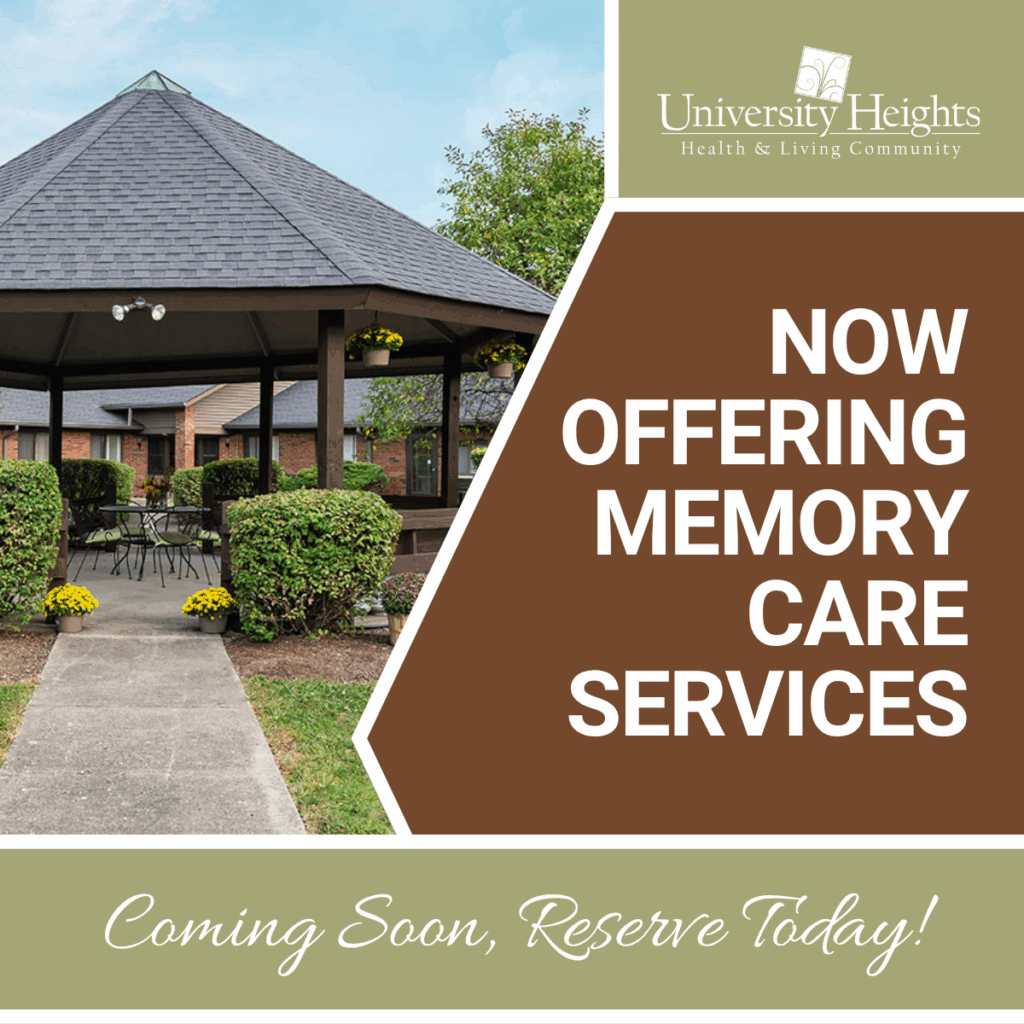
Reduced energy? Do activities feel too difficult? If you’re an older adult, you’re not alone. And if you’re caring for a senior with health problems, it can be hard for them to start a proper exercise routine. But don’t give up just yet! Help them get back on track.
Let’s start with some easy exercises. Getting started is the hardest part. Starting slow and steady is key and helps seniors build up a tolerance. If you are a caregiver, why not exercise together? You will gain not only the benefits of the exercise but will be spending quality time with your loved one. And guess what? That can help reduce stress. It’s a win-win for everyone.
A Better Quality of Life.
Improved mood. Improved memory. Improved mobility. Older adults who regularly exercise or maintain high levels of physical activity can vastly improve their well-being. Physical activity is important, and possible, for people who have physical health, memory or mental health problems. Yes, health problems can make it challenging to be physically active, but taking part in exercise can still be beneficial.
Every Step Counts.
Even older adults with severe memory problems experience benefits from regular exercise. Studies have shown that exercising can improve the ability of people with dementia. Exercises help improve their mood and doing daily activities, such as dressing, bathing and breathing. And can take as little as 30 minutes a day, five times a week to see the benefits!
Two Types of Exercise.
The two types of recommended exercises are aerobic exercise and resistance. Both have amazing benefits! But the best exercise program is one that includes both aerobic and resistance activities.
Aerobic: Helps reduce risk of cardiovascular disease, improves cognition and mood; includes swimming, fast walking, or bicycling.
Resistance: Helps strength, function, balance and bone density, can reduce the risk for falls; includes lifting weights, yard work and using resistance bands.
What Can You Do?
The keys to helping your loved one get the most benefits from exercises are to:
- Help him or her consistently do exercises for the long-term. It usually takes around six weeks to notice the physical benefits.
- Make sure they’re doing the right exercises. Check with his or her physician or an exercise professional to get started.
- Use words of encouragement!
- Set a time or schedule for exercising each day or every other day.
Interested? Find a community close to you.



